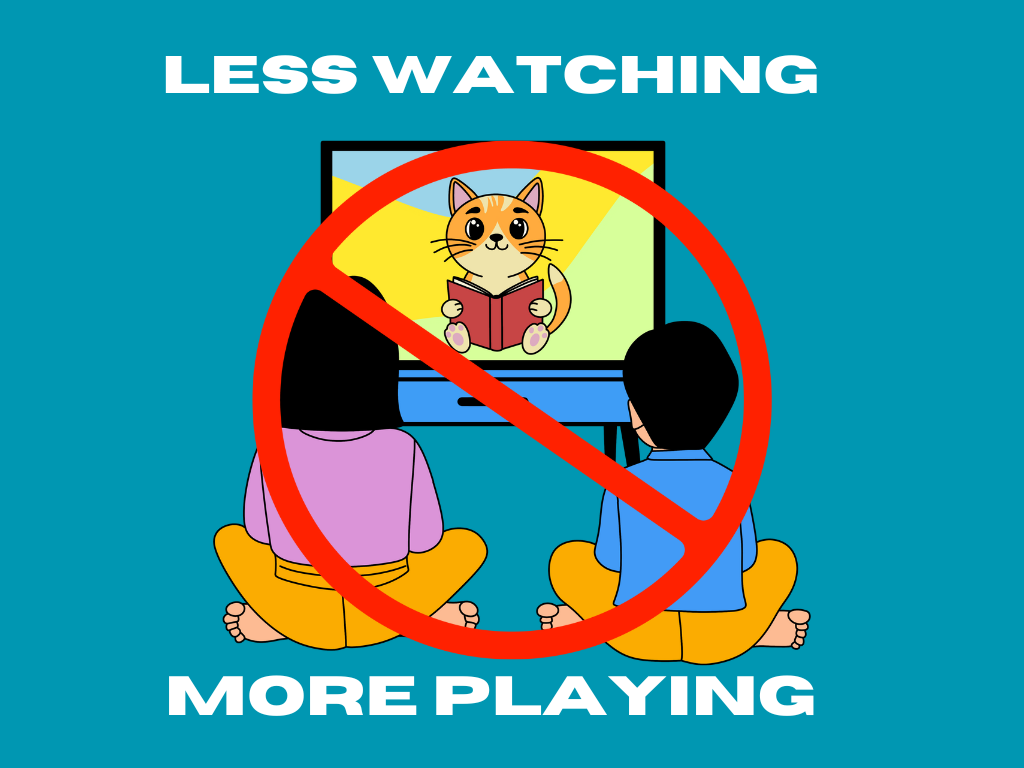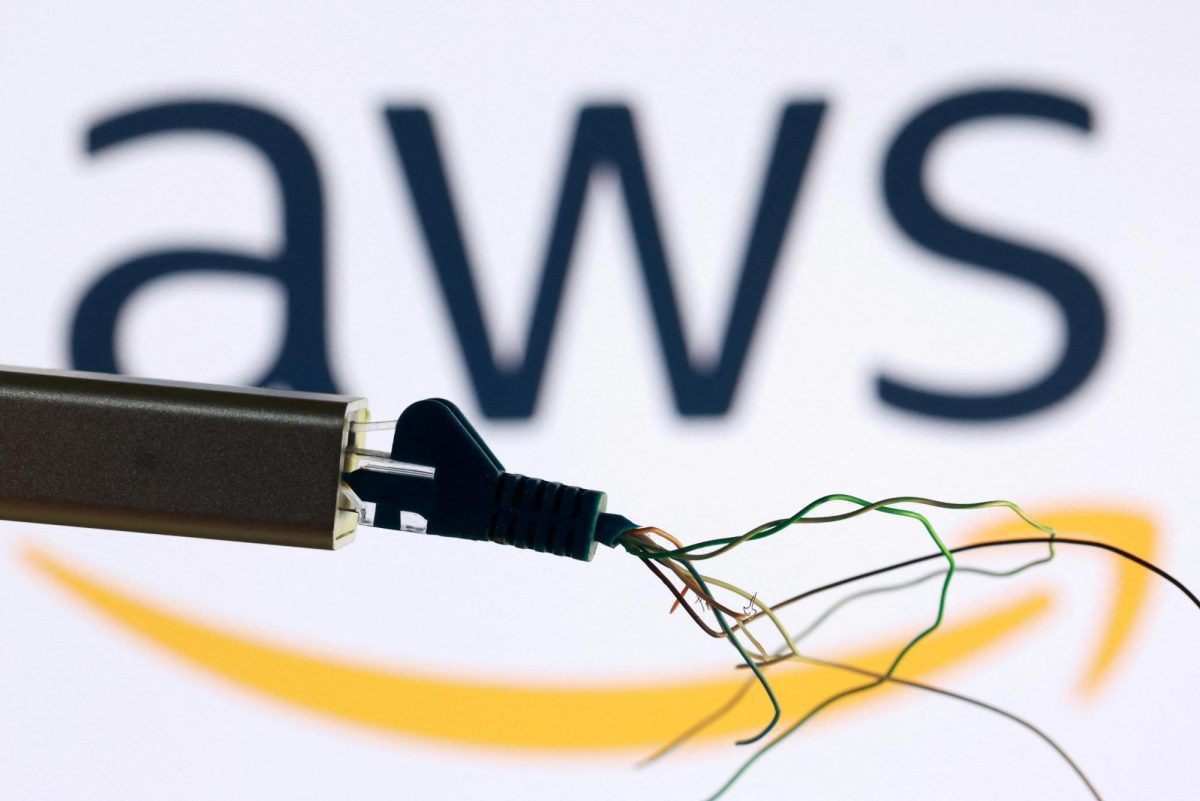Older generations are always especially critical of their predecessors. It was only five years ago when Gen Z was the elders’ punching bag, but now as Gen Alpha begins to make its impression, it has gained the spotlight. While it might provide some solace for older people to call children “stupid” to make them feel better about their rapid acquisition of wrinkles, Gen Alpha has a genuine problem that needs to be addressed by their parents. Literacy rates and test scores in elementary schools are falling, and it is taking children longer and longer to learn how to read and write.
The new generation of students is struggling to recover from the education gap that COVID-19 caused, and it is the parents as well as the schools’ responsibility to help them.
There are a few factors that have contributed to the drop in literacy rates, one of the largest being the year-long, worldwide quarantine. Even though COVID happened five years ago, it happened during the older half of Gen Alpha’s most impressionable years. Children who were in third grade or younger during 2020 missed out on the most foundational parts of their education, especially when it comes to language. Many kids are missing simple skills such as phonics or did not have any consistency while they were learning to read, which has caused these significant gaps in their abilities as opposed to older kids. The problem with these gaps is that even though kids are still struggling, they’re still being passed to the next grade level, meaning the work is becoming more challenging but they are still trying to grasp all of the work in between that was missed.
Another reason why Gen Alpha kids are so behind in education is because of the influx of screen time being allotted to them. Studies show that the earlier and more often children are using screens, the lower their language skills are. Moreover, the media and websites geared towards children like YouTube Kids affect a child’s behavior. These videos are more often than not, a bunch of fast, vibrant, and loud slop which can harm the developing mind of young children. Their brains are not equipped to process all of the sensory information being thrown at them in popular shows like Cocomelon and it often leads to even more tantrums, more difficulty transitioning, and can even affect sleep, but these are only the early effects of screen time. As these kids have gotten older, they have struggled to focus and behave in a classroom environment more than previous generations.
It is important to stress that this is not the children’s fault, but rather a result of neglectful parenting. When a child is throwing a tantrum, it is the parent’s job to teach them self-regulation, but adults have decided to shove iPads in their faces instead. Now children have no skills for regulating their emotions or communicating them and instead just numb them with shocks of dopamine. These detrimental impacts don’t even include the obvious danger of what types of messages kids are being exposed to online; the internet is not and has never been a place that is appropriate for children.
In this era of technology, it is almost impossible to shield a child from all of it and that isn’t entirely necessary either. However, it is necessary that parents seriously regulate what their child watches and how often they are on screens. It’s also extremely necessary that parents become more involved with their child’s education by encouraging them through reading together, allowing them to solve problems on their own, and making sure they are on track for success in school. School districts should also ensure they have supplementary learning for struggling kids and do everything they can to give every child a strong foundation before transitioning into middle and high school.














